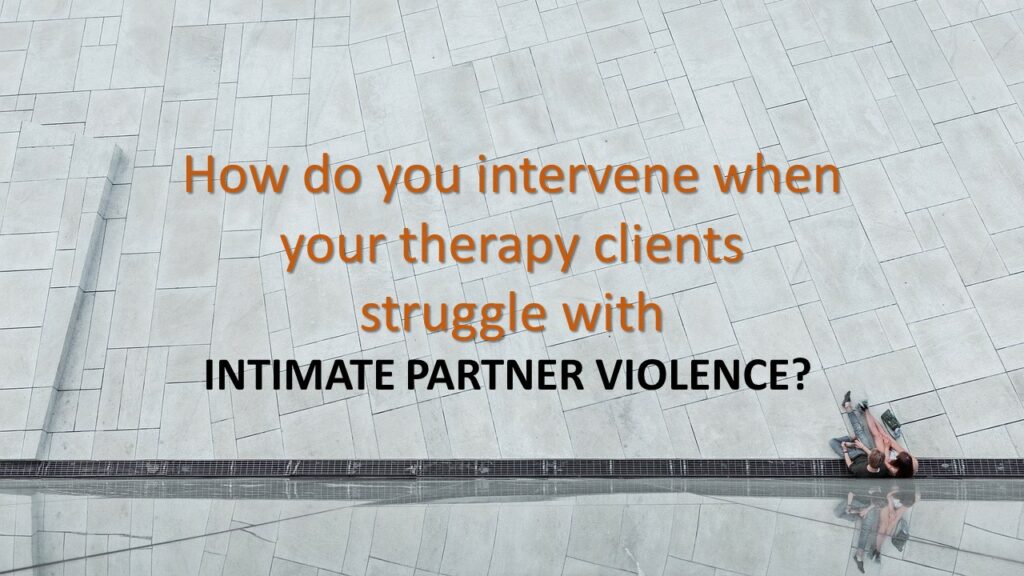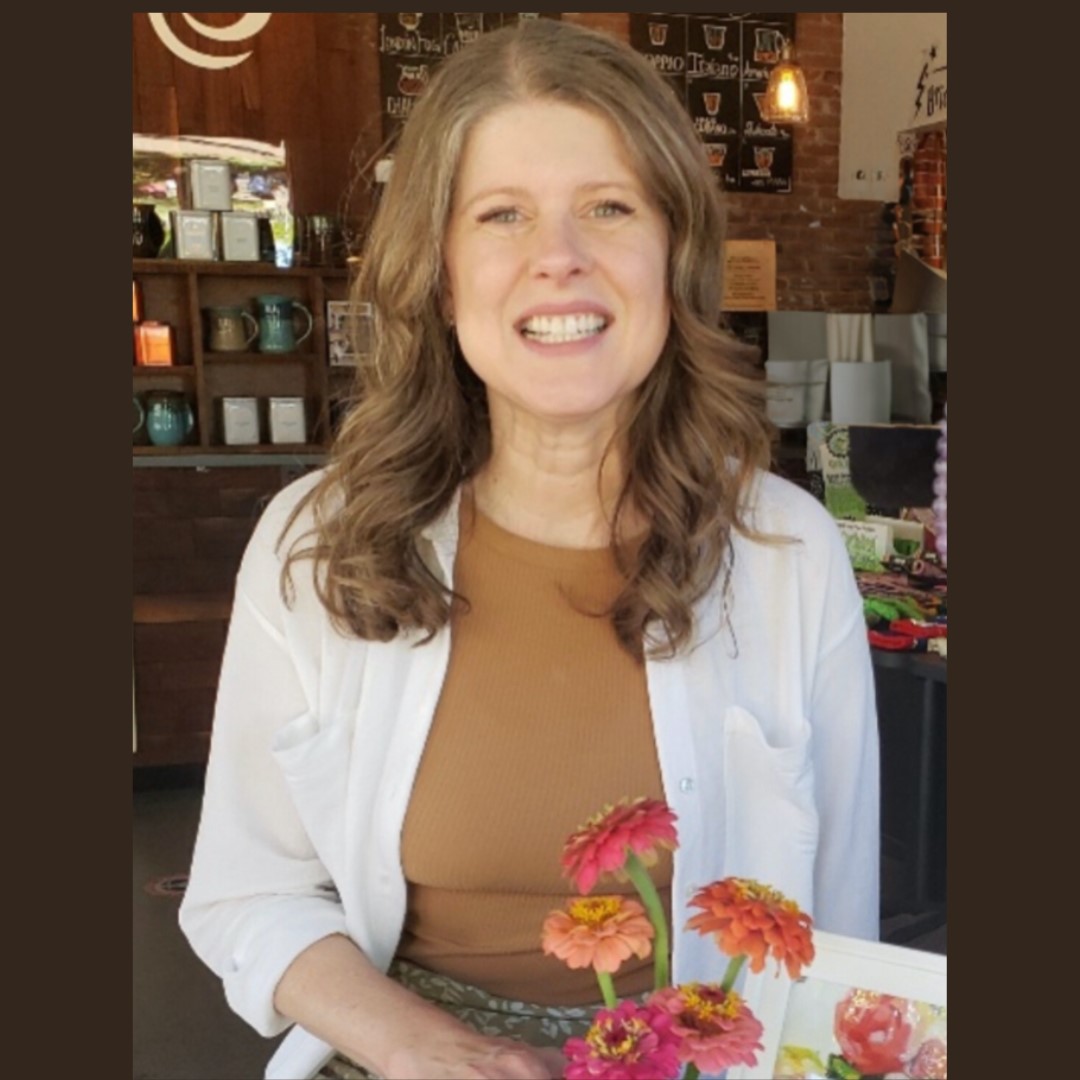
I know the world is bruised and bleeding, and though it is important not to ignore its pain,
it is also critical to refuse to succumb to its malevolence.
TONI MORRISON

Addressing Intimate Partner Violence:
Ethical Dimensions
DO YOU SUSPECT A CLIENT IS STRUGGLING with intimate partner violence (IPV)?
IPV is often a secret and frequently camouflaged when clients seek individual and couples counseling. It’s also tragically ubiquitous. According to the National Coalition against Domestic Violence, IPV affects one in two women, one in four men, and equal or even higher rates of transgender and non-binary individuals. Clinicians working in mental health and addiction treatment settings often notice signs that suggest IPV, but they don’t know how to assess or respond helpfully given the volatility of the situation.
As part of the ethical imperative to support client welfare, all clinicians have an obligation to recognize the signs of IPV, to assess danger, and to respond without making an unsafe situation worse. But addressing IPV can raise dilemmas related to confidentiality, informed consent, self-determination, and client welfare. Without knowledge and skill, there is the hazard of clinicians causing harm.
BY THE END OF THIS DAYLONG WORKSHOP, participants will be able to:
- Identify signs of intimate partner violence when working with clients in individual or couples counseling when it is not the referring problem;
- Grapple with common misconceptions about IPV that interfere with effective practice;
- Use clinically sound strategies to screen for IPV and assess danger;
- Articulate the elements of a comprehensive safety plan;
- Analyze ethical dilemmas that emerge when working with IPV including equity considerations, client self-determination, confidentiality, and informed consent; and
- Enhance clinical competencies that support client wellbeing, including modifying treatment interventions to balance treatment goals and enhance safety.
Six hours of continuing education (ethics) approved through the National Association of Social Workers.
BIPOC REPARATIONS DISCOUNT: If you identify as a member of BIPOC communities, you are entitled to a 25% discount.
MILITARY DISCOUNT: If you served in the military, either currently or in the past, or you are a military spouse, there is a 25% discount.
GRADUATE STUDENT DISCOUNT: If you are currently in graduate school in a clinical discipline and wish to register, there is a 25% discount.
Contact Wayne Scott for discount codes.
Addressing Intimate Partner Violence:
Ethical Dimensions
Friday November 8th
8:30am-4pm
In Person
Revolution Hall
1300 Southeast Stark Street #203
Rachelle Scheele
is a seasoned community organizer, educator, and domestic violence activist. She has led a nonprofit for almost a decade, providing peer support and restorative justice to Survivors of domestic and sexual violence. She frequently teaches across the region on effective support for IPV Survivors and collaborates with Matt Johnston on training workshops for advocates and professionals in the domestic violence field. Recently, she founded Allied Brands Collective, a social enterprise that continues her nonprofit’s advocacy work and takes it a step further by empowering Survivor entrepreneurs.


Matt Johnston, LPC, CADC II
works in private practice in North Portland. He has worked in the domestic violence field since 2004, especially with people convicted of domestic violence offenses. Matt also serves on the Board of Survivor Collective Alliance Reaching Society (SCARS) as the Survivor Impact Panel (SIP) Coordinator.

